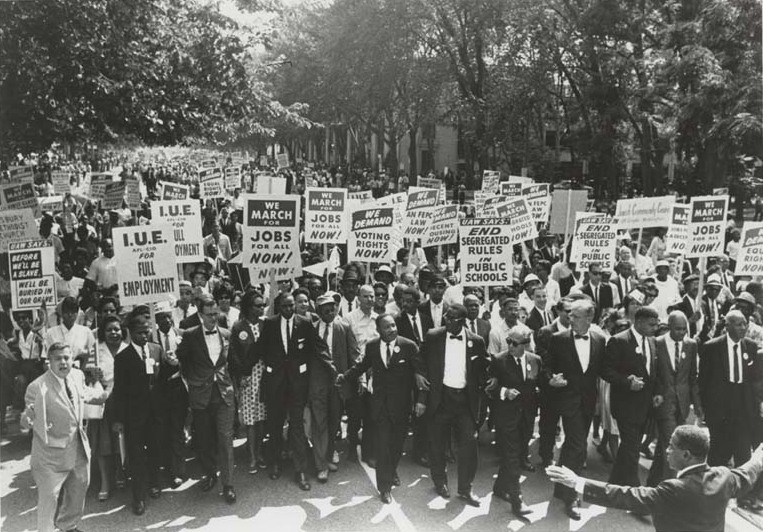Opinion: Boycott– A Better Way to Enact Change in America
As civil unrest unfolds across the country, conservative pundits are successfully shifting the national narrative away from racist police brutality and toward looting and the destruction of small businesses. This attitude has augmented a long-known truth about the GOP: they prioritize white financial prosperity over social justice and human rights. If it is more evident than ever that American conservatives’ brains lie in their wallets, shouldn’t protesters exercise their financial strength to send a message? Boycotting has played a massive role in achieving justice since the inception of the United States, and it could very well work again today.
Now that protesters have made their voices heard, it is imperative that those who are looting cease quickly before the national narrative shifts completely from the senseless murder of George Floyd. When violent protest actively distracts from injustice, it is counterproductive.
The United States of America is a nation shaped by protest. Violent rebellions like the Revolutionary War, convincing arguments like those expressed in the Declaration of Sentiments, and peaceful processions like the Million Man March have altered the culture of this country. Among these methods of dissent, and perhaps the most successful, is the boycott. A boycott is the collective leveraging of individual financial weight to disrupt industries complicit in injustice. Examples of boycotting in American history include the refusal of stamps and tea prior to the Revolutionary War, the Montgomery Bus Boycotts during the civil rights movement, and the embargo against all South African imports in opposition to Apartheid.
While leading the Montgomery Bus Boycotts, Dr. Martin Luther King Jr. subscribed to philosopher Reinhold Niebuhr’s theory that “the white race in America will not admit the African-American to equal rights if it is not forced to do so.” King interpreted this philosophy to mean that black southerners could show their power to white institutions by rescinding their economic contributions. Ultimately, protests like the Montgomery Bus Boycotts were instrumental in improving civil rights for African-Americans.
Although times have certainly changed since 1956, it is true that white institutions still sustain systemic racism for their own benefit. We are currently witnessing the ineffectiveness of violence, and as Assata Shakur observed, “nobody in the world has ever gotten their freedom by appealing to the moral sense of the people who were oppressing them.” This is why some see violent protest as the best response to injustice; they believe that oppressive institutions will never negotiate with marginalized communities. However, we know from historical examples like those listed above that sustained boycotts will eventually force the hand of the oppressor. Considering riots and persuasion are not viable paths to equitable treatment, Americans ought to employ boycotts as their primary means of resistance.
As University of Pennsylvania economist Maurice Switzer asserts, boycotts require a persistent effort to produce cultural or systemic change. The power of the boycott is not its symbolism, but instead its financial impact on those inflicting or assisting injustice. If citizens rebelling in the wake of George Floyd’s death truly wish to overthrow America’s inequitable justice system, they must demonstrate their power to businesses that have capitalized on black poverty, like Nestle and corporations that profit from food deserts, by cutting their revenue flow until they concede.
While they require a long, patient, and persevering effort, boycotts are the way to the equitable treatment of communities of color in the United States. For too long, corporations and predominantly white institutions have preyed upon these communities. Through determined boycotts, Americans can demand justice for marginalized groups by attacking the greed of the ruling class.




























